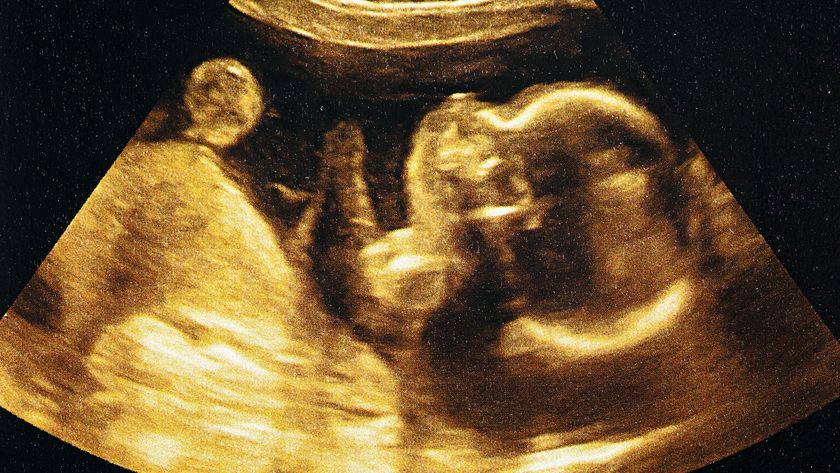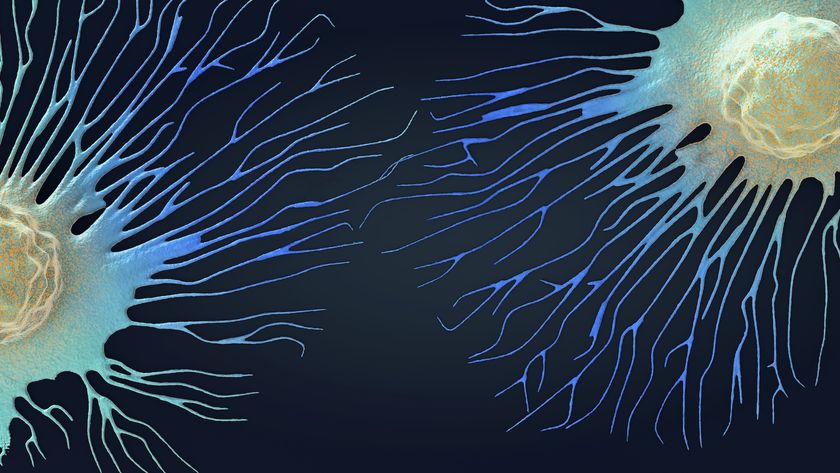Google's Anti-Aging Startup to Build Drug Research Center

Calico, the Google-backed venture seeking to cheat death, announced today (Sept. 3) that it plans to build an anti-aging drug research center in the San Francisco Bay Area under a $1.5-billion partnership with the pharmaceutical company AbbVie.
"Our relationship with AbbVie is a pivotal event for Calico, whose mission is to develop life-enhancing therapies for people with age-related diseases," Art Levinson, founder of Calico and former CEO of the biotech company Genentech, said in a statement. "It will greatly accelerate our efforts to understand the science of aging, advance our clinical work, and help bring important therapies to patients everywhere."
Under the agreement, Calico will be responsible for establishing a research facility focused on drug discovery and development in the Bay Area. (The exact location has not been announced.) AbbVie — which has its headquarters in North Chicago, Illinois, but operates a research center in Redwood City, California — will provide support during clinical trials and help put their new drugs on a path to the commercial market. [Extending Life: 7 Ways to Live Past 100]
The companies will each contribute an initial $250 million to the collaboration, and they could eventually provide up to $500 million more to fund the partnership, according to the announcement. Calico and AbbVie will split the costs and profits equally under the deal.
Google already invests in other futuristic endeavors far outside its core search-engine business, ranging from self-driving cars to a newly announced drone delivery program. Calico (which is short for California Life Company) officially launched in September 2013, and that same month, the company was featured in a Time magazine cover story, under the headline "Can Google Solve Death?" Google CEO Larry Page, who was interviewed for the Time article, suggested at the time that the startup might take a counterintuitive approach, looking beyond a cure for cancer as a way to extend life.
"One of the things I thought was amazing is that if you solve cancer, you'd add about three years to people's average life expectancy,” Page told Time. "We think of solving cancer as this huge thing that'll totally change the world. But when you really take a step back and look at it, yeah, there are many, many tragic cases of cancer, and it's very, very sad, but in the aggregate, it's not as big an advance as you might think."
Calico currently has just six staff members listed on its website, but the company says it plans to begin building "a substantial team of scientists and research staff" in the San Francisco Bay Area.
Sign up for the Live Science daily newsletter now
Get the world’s most fascinating discoveries delivered straight to your inbox.
Calico is hardly the first high-profile effort to look for a way to reverse the clock on aging. Earlier this year, genome scientist Craig Venter secured $70 million in funding for his new startup, Human Longevity, which aims to build a comprehensive genetic database to tackle aging-related diseases.
Follow Megan Gannon on Twitter and Google+. Follow us @livescience, Facebook & Google+. Original article on Live Science.













